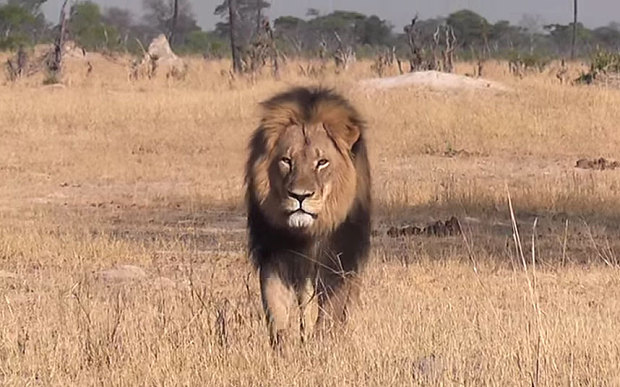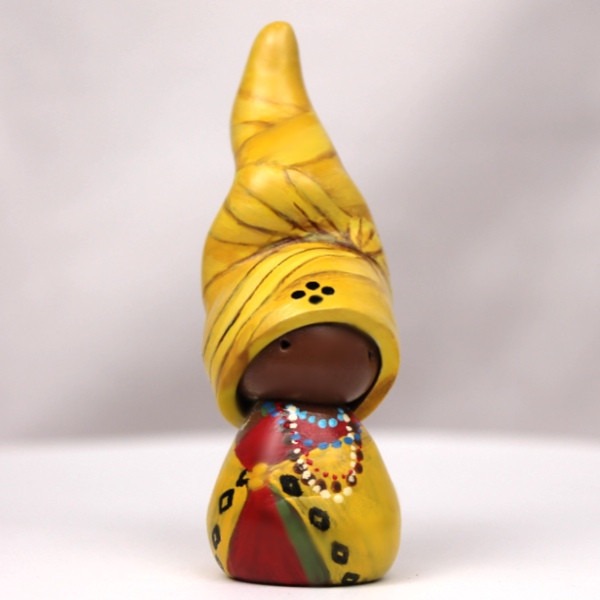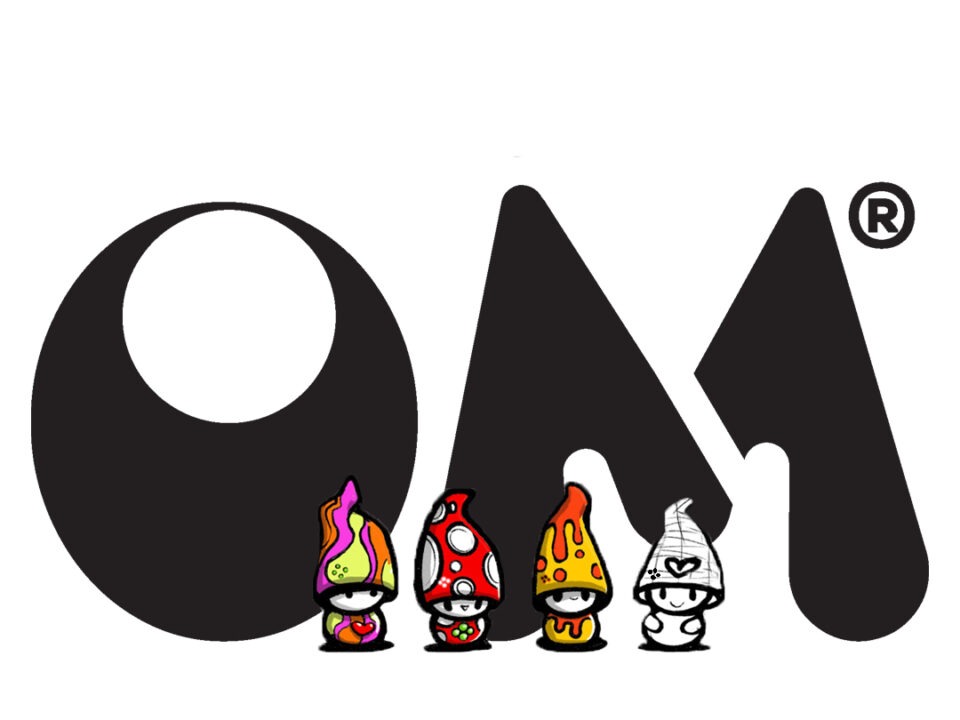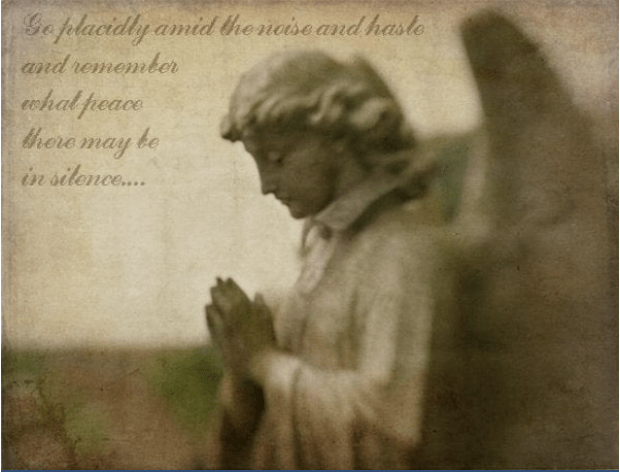'Walk in somebody else’s shoes, see through their eyes . . .'
June 30, 2015'If everyone does a little more for those less fortunate, we'll have a better society . . .'
September 17, 2015Like many, we’ve spent recent days thinking hard about Cecil the lion, Walter the dentist and the events in Zimbabwe that led the former to lose his life for nothing more than the latter’s sport.
Like many, we find the episode senseless, beyond understanding and inhumane.
Our trademark saying, we are all connected, refers not just to humankind but to all living things, to creatures great and small.
To cite another lion, albeit one fictional (the great Mufasa, from a film that has long been close to our hearts) is to underline that, as people, we still have a great deal to learn.
In The Lion King, he tells Simba, ‘Everything exists together in a delicate balance. You need to understand that balance and respect all the creatures from the crawling ant to the leaping antelope’.
Young Simba, wise already, points out that the lions eat the antelope . . .
‘When we die, our bodies become the grass,’ replies Mufasa sagely. ‘The antelope eat the grass and so we’re all connected in the great circle of life’.
This is something that, here at OM®, we’ve thought long and hard about in recent days. The circle of life is one thing, killing for sport quite another.
This is an episode that is – to us (and, we accept, not everyone agrees) – senseless, beyond understanding and inhumane. It’s too late for Cecil, but good can come from this . . .
Look beyond the social media frenzy, forget the faux outrage and the demands for the dentist in question to taste his own medicine and there is genuine upset. In destinations near and far, people are starting to consider their relationships with animals and nature, their attitudes being explored. Governments and lawmakers are talking about hunting for sport as a genuine issue. It’s high on the news agenda . . .
That delicate balance. That respect for all the creatures from the crawling ant to the leaping antelope. The circle of life. The connection . . .
Here at OM®, we’re proud to be animal lovers (there are enough around the place, after all) and, with all, we share the most profound connection.
In this, we’re far from alone. This is something that’s important to remember.
To underline the fact, we’d like to mention Sean Lesniak (pictured), who, aged just nine, has set an example that everyone ought to think about following . . .
Sean, from Massachusetts, is passionate about sharks, so much so that, when he heard about finning, a practice that is thought to kill more than 100 million sharks EVERY YEAR (and for nothing more important than soup production), he decided to do something about it. Having first penned a letter to his state representative, Sean continued his campaign until it became a bill that has since become a law. That shark finning is illegal in Massachusetts is down to Sean. His motivation?
‘Sharks are magnificent creatures,’ he says. ‘I’m doing something for an animal, for its life. These are real, live animals. Can you imagine if YOUR fins were cut off so YOU died?’
It’s a good question and one for us all to think about. He might be just nine, but Sean has shown that, if we want something enough, we can achieve it. He might be just nine, but unlike Walter Palmer, Sean has shown that understanding does exist and that kindness and compassion shouldn’t be reserved for our own kind.
It’s about balance, it’s about respect and it’s about connection at its most fundamental . . .
Cecil and Sean never met, but we have a suspicion they’d have got along just fine.






